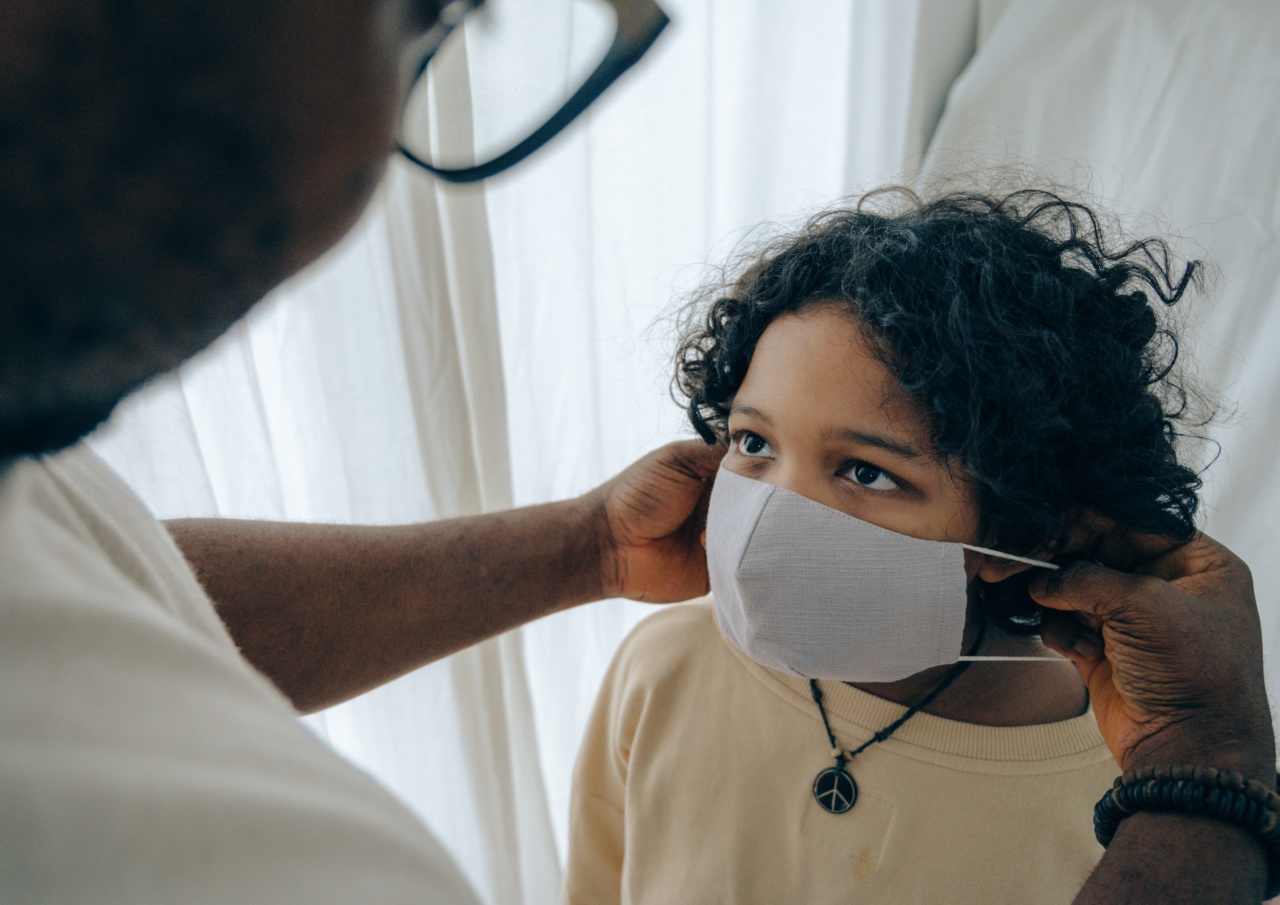Living with a Human Immunodeficiency Virus (HIV) infection is challenging, both physically and emotionally. This condition weakens the immune system, making individuals more susceptible to various infections and diseases.
However, recent studies have unveiled an unexpected helper in managing HIV — natural remedies. These alternative therapies offer numerous benefits and can be used in conjunction with medical treatments to enhance overall well-being and quality of life for those with HIV.
1. The Power of Herbal Medicine
Herbs have been used for centuries in traditional medicine systems worldwide, and their effectiveness in managing HIV is gaining recognition.
Several herbs have shown promising results in strengthening the immune system and reducing the viral load in individuals with HIV infection.
Oregano, for example, contains a compound called carvacrol that possesses strong antiviral properties. Studies have shown that carvacrol can inhibit the replication of HIV, potentially slowing down the progression of the disease.
Similarly, Echinacea, a popular herb known for its immune-boosting properties, has shown promising results in improving CD4 cell count, an important marker of immune system health in individuals with HIV.
Furthermore, other herbs like garlic, licorice root, and ginger have demonstrated antiviral properties and immune-stimulating effects, making them valuable additions to an HIV management regimen.
2. The Role of Acupuncture
Acupuncture, an ancient Chinese healing technique, has been widely used for various health conditions. It involves inserting thin needles into specific points on the body to stimulate specific energy pathways.
Recent studies have suggested that acupuncture can aid in managing the symptoms and side effects of HIV and its associated treatments.
The use of acupuncture has shown to alleviate fatigue, a common complaint among individuals with HIV. In addition, it may help reduce neuropathic pain caused by HIV-related nerve damage.
Acupuncture is also known to have a positive impact on mental health, reducing anxiety and depression, which are often prevalent in individuals living with HIV.
3. Healing with Meditation and Mindfulness
Mind-body practices like meditation and mindfulness have gained significant attention in recent years for their potential in improving overall well-being.
Individuals with HIV can greatly benefit from incorporating these practices into their daily routine.
Studies have shown that regular meditation can reduce stress and anxiety levels in people living with HIV. It also has a positive effect on immune system function, potentially enhancing the body’s ability to fight infections.
In addition, mindfulness practices help individuals cultivate a sense of acceptance and self-compassion, which can be invaluable in coping with the emotional challenges of living with HIV.
4. The Therapeutic Influence of Aromatherapy
Aromatherapy utilizes the scents of essential oils derived from plants to promote physical and psychological well-being.
It has been shown that certain essential oils possess antiviral properties and can effectively combat various infections, making them a valuable tool for individuals with HIV.
Tea tree oil, for instance, exhibits antiviral activity against various pathogens, including HIV. It can be used topically to prevent skin infections, a common issue among individuals with weakened immune systems.
Another essential oil, lavender, promotes relaxation and can help alleviate sleep disturbances often experienced by those with HIV.
5. The Benefits of Herbal Supplements
In addition to incorporating herbs into meals or using them topically, herbal supplements provide a convenient way to obtain their medicinal benefits.
Certain herbal supplements have been found to enhance immune function and improve overall health in individuals with HIV.
One such supplement is astragalus, which has been used in traditional Chinese medicine to support immune system function. Studies have indicated that astragalus can increase CD4 cell count and reduce viral load in individuals with HIV.
Milk thistle, a herb known for its hepatoprotective properties, is also commonly used by individuals with HIV to support liver health.
Conclusion
Living with HIV is undoubtedly challenging, but exploring alternative therapies can offer unexpected benefits for individuals with this condition.
Natural remedies such as herbal medicine, acupuncture, meditation, aromatherapy, and herbal supplements provide a holistic approach to managing HIV and its associated symptoms. While these therapies should not replace antiretroviral medications, they can complement medical treatments and help improve one’s overall well-being.
It is essential for individuals with HIV to consult with healthcare professionals experienced in complementary and alternative medicine to create a comprehensive and personalized approach to managing their condition.




























